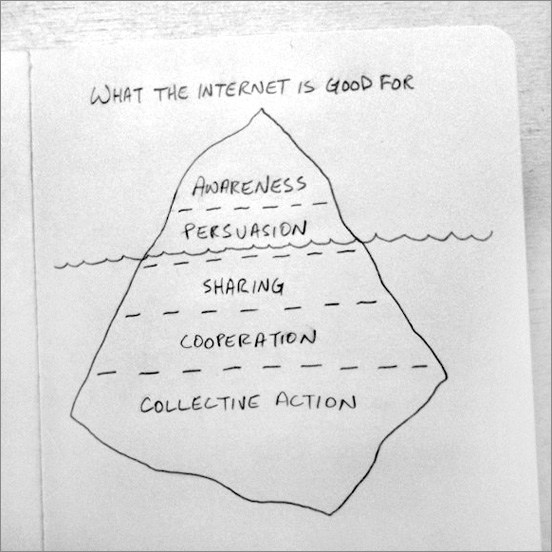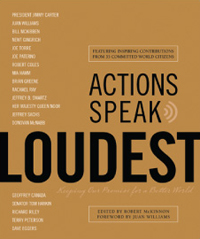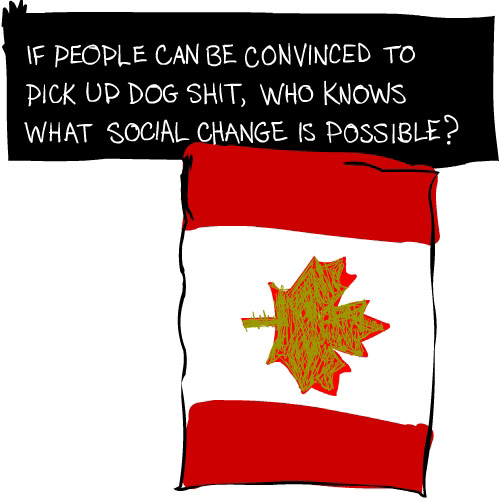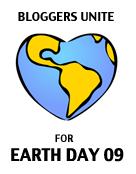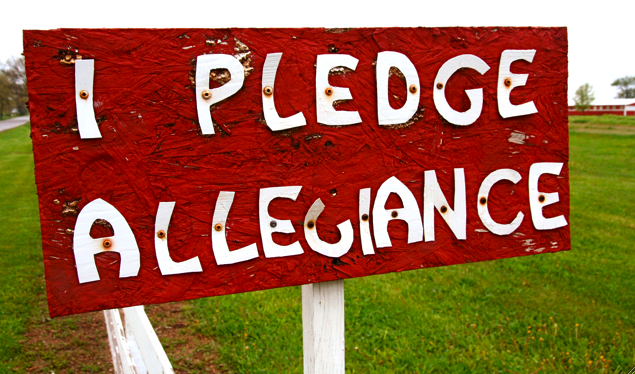 Have you ever forgotten to do something? You’re not alone. This is why to-do lists are so handy–they remind us of the tasks we need to complete. Going through my own mental to-do list on my walk home today, I came across something to add to the list. A poster ad that asked me to “pledge to be car free on Car Free Day September 22.” Let’s walk through this:
Have you ever forgotten to do something? You’re not alone. This is why to-do lists are so handy–they remind us of the tasks we need to complete. Going through my own mental to-do list on my walk home today, I came across something to add to the list. A poster ad that asked me to “pledge to be car free on Car Free Day September 22.” Let’s walk through this:
Moving Through the Stages of Change
Before seeing the ad, I did not know about with Car Free Day, so the ad helped me become aware of the day. The ask was clear: Pledge to go car free and actually go car free on Sept. 22. Enter my dilemma. At that moment, I wanted to pledge, but I couldn’t take an immediate action except to add it to my already long to-do list. Imagine a different scenario…
 What if, instead of just asking me to pledge, the ad encouraged me to pledge, on the spot, by sending a text message using shortcode as the way to officially make a pledge. And then, by pledging, what if I was also able to get a reminder on Sept. 21 that I had pledged to go car free or opt-in to receive tips, promotions and specials from participating partners? And then what if on the 22nd, I received another text in the morning letting me know of the total number of people who made the same pledge I did. To go even another step, what is on Sept. 23, I got a text letting me know of the collective impact my pledge helped create, and asking me if I wanted to opt-in for a reminder to participate in Car Free Day 2011. This would make the desired behavior: easy to accomplish, fun to do and more popular.
What if, instead of just asking me to pledge, the ad encouraged me to pledge, on the spot, by sending a text message using shortcode as the way to officially make a pledge. And then, by pledging, what if I was also able to get a reminder on Sept. 21 that I had pledged to go car free or opt-in to receive tips, promotions and specials from participating partners? And then what if on the 22nd, I received another text in the morning letting me know of the total number of people who made the same pledge I did. To go even another step, what is on Sept. 23, I got a text letting me know of the collective impact my pledge helped create, and asking me if I wanted to opt-in for a reminder to participate in Car Free Day 2011. This would make the desired behavior: easy to accomplish, fun to do and more popular.
Activate the Trigger: Pledges and Reminders
Lately, I’ve had a soft spot for the act of committing to follow-through on a certain, suggested behavior. This is because–in order for someone to go from the preparation stage of change to the action phase–they first need to make a commitment to do so.
Now, I realize commitment can mean different things to different people (just look at reality TV). This is why it’s important to understand the audience you are wanting to reach and the desired action and behavior you want them to take. For the Car Free Day example, I wanted to commit, and I can. But I know, that fitting something like that into my daily to-dos and priorities is hard despite my good intentions. However, I know if I got a reminder the night before, I would be more apt to follow-through. In short, a reminder would trigger the action I pledged to make.
Making It stickK
At the CDC conference earlier this month, a panel discussed the role of behavior economists in public health. They touched on a variety of applicable concepts to our work–one of them being the role of triggers in behavior change. In the case of Car Free Day, reminders can serve as a trigger to the action. As another example, the CDC panel highlighted stickK.com. Users of stickK.com sign a “commitment contract” where they agree to achieve a certain goal and uses various triggers (reminders, personal support networks, and monetary incentives) to help people take and maintain action.
For the behaviors you want people to make, how can you help them go from good intentions to good follow through? Help them make a commitment and leverage triggers to make it easy, fun and popular for the behavior change to occur.
flickr credit: stevendepolo



